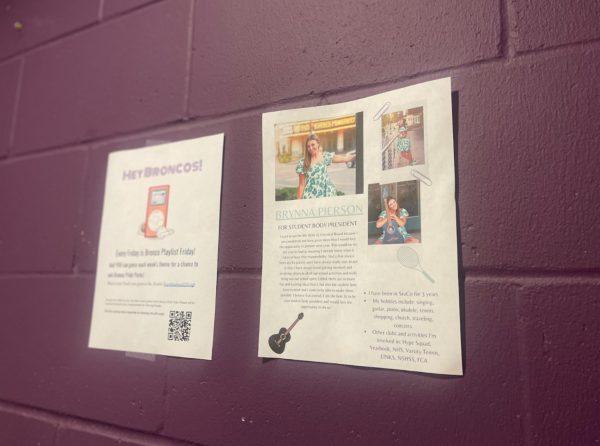Lowering the Stigma of Mental Health
I remember a time when I was an extrovert. A time where I was super outgoing, brave, and a leader. I loved to give speeches in front of my elementary school classmates and run for student council offices. I would do anything to get that back.
Ever since fifth grade, I have gotten quieter and quieter, which admittedly wasn’t bad at first since I was a handful as a child. Then it got to a point where I found everyday tasks daunting. Raising my hand is a rare occasion now because I am scared of what the others will think of me. When people laugh in class and I don’t know why, I assume it is about me, even if I did nothing embarrassing. If my friends aren’t acting normal, I assume they’re mad at me. My mind is always occupied with thoughts like these. This isn’t to say that I don’t have good days; I have days where I am super talkative, though I still have these worries.
I have not been diagnosed with anything. However, when I learned about social anxiety, I immediately related to it. In fact, these symptoms play a huge role in why I did not seek help.
According to the National Alliance on Mental Illness, the average time between onset and diagnosis of mental illness is 8-10 years. This is a huge problem, and we need to work on lowering the stigma around mental health. It makes it terrifying for people to talk about their symptoms for many reasons. People may be afraid of their peers, afraid that they might look at them differently than they did before their diagnosis.
I urge everyone to ask how their friends are doing. If they have something going on, listen to them. We can’t fix someone’s mental health, but we can still listen to them and support them, regardless of whether or not they have an official diagnosis. We can’t turn our back on people just because we think their problems are “childish,” because everyone’s problems are different. I hope that together we can all lower this stigma, and help those who feel afraid to open up about mental health.

Hello! I am Luke Torrez and this is my first year in SPUB. I am so excited to write about all of the events, activities, and clubs our school has to offer,...







